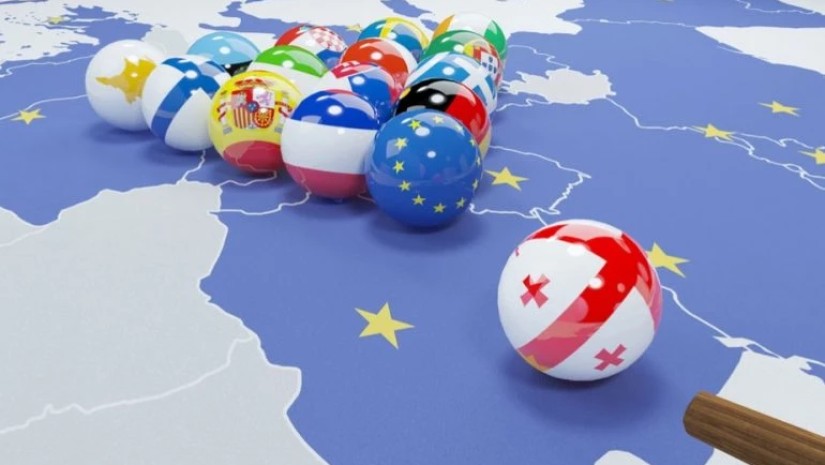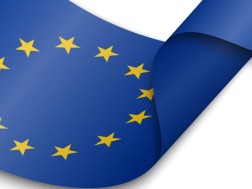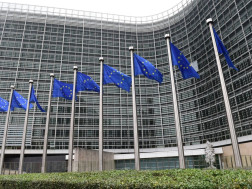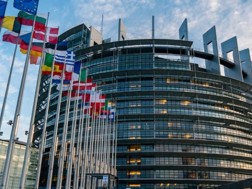On 12 December, the Council of the European Union approved conclusions on enlargement for the six Western Balkans partners, Türkiye, and – for the first time – Ukraine, Moldova, and Georgia.
In the conclusions, the Council says that it took note of the European Commission’s reports of 8 November 2023 on Ukraine, Moldova, and Georgia and its recommendations, and looks forward to the forthcoming discussion of the European Council on this matter. The European Council will take place on 14-15 December, in Brussels.
Ukraine
The Council commended the substantial progress that Ukraine has made towards meeting the objectives underpinning its candidate status, even though Ukraine is under attack.
The Council welcomed Ukraine’s progress achieved in comprehensive and consistent implementation of the rule of law and judicial and public administration reforms and encouraged Ukraine to continue decisively on this path, which remains vital for strengthening Ukraine’s resilience and for further progress in the enlargement process.
The Council welcomed that the legislative and institutional framework on fundamental rights is in place and the alignment of Ukraine’s media legislation with the EU audio-visual media services acquis.
Concerning the fight against corruption, the Council welcomed progress in ensuring the independent and effective functioning of the anti-corruption institutions.
“Ukraine should continue to further strengthen its anti-corruption institutions and measures, and further improve its track record on investigations and convictions, including high-level corruption cases,” the conclusions said.
Moldova
The Council commended the substantial progress that Moldova has made towards meeting the objectives underpinning its candidate status, in the face of significant challenges arising from Russia’s war of aggression against Ukraine and hybrid actions against Moldova itself.
The Council acknowledged Moldova’s clear commitment to its reform process and decisive steps taken and underlined the importance of maintaining sustainable and tangible reform progress, notably in the areas of the rule of law, justice, and fundamental rights, including the rights of persons belonging to minorities.
The Council encouraged Moldova to continue advancing on comprehensive justice reform, including the vetting process, as well as the fight against corruption, with a focus on strengthening relevant institutions and building further a solid track record of investigations and convictions, including high-level corruption cases. The Council welcomed Moldova’s systematic approach to de-oligarchisation and encouraged it to continue the implementation of the action plan.
The Council commended Moldova’s efforts to enhance its energy security and independence of supply. “Moldova needs to further increase its generating capacity and enhance measures related to renewable energy and energy efficiency, notably with assistance from the Moldova support package,” the Council’s conclusions said.
Georgia
The Council took “good note of the genuine aspirations of the overwhelming majority of Georgian people towards EU membership”. It welcomed the overall good legislative framework, institutional setup, and vibrant civil society, including watchdog organizations.
At the same time, the Council calls on Georgia to demonstrate a clear commitment to EU values, continue to progress on the reform agenda, and fulfill the conditions specified by the Commission “inclusively, meaningfully and irreversibly”, to further advance towards future EU membership.
The Council acknowledged in particular the overall progress on public administration reform, public procurement, and economic reforms. It also welcomed the overall preparation of Georgia to assume the obligations of membership and encouraged a sustained level of alignment with EU acquis and standards, further deepening the sectoral cooperation with the EU, based on enhanced implementation of the EU–Georgia Association Agreement including the Deep and Comprehensive Free Trade Area. It also encouraged Georgia to continue fulfilling the visa liberalization benchmarks.
The Council called on all political actors in Georgia to demonstrate constructive cooperation and dialogue, overcome polarisation and refrain from actions that could further deepen the political tensions and hamper the country’s democratic institutions and reform agenda.
The Council reiterates that the proper functioning of democratic institutions, and reforms related to justice and the rule of law, should remain a priority for the country. It also reiterates that Georgia needs to enable the full respect for fundamental rights, including freedom and pluralism of the media, the right to freedom of opinion, assembly and expression, and protection of LGBTI persons from intimidation as well as violence and discrimination.























